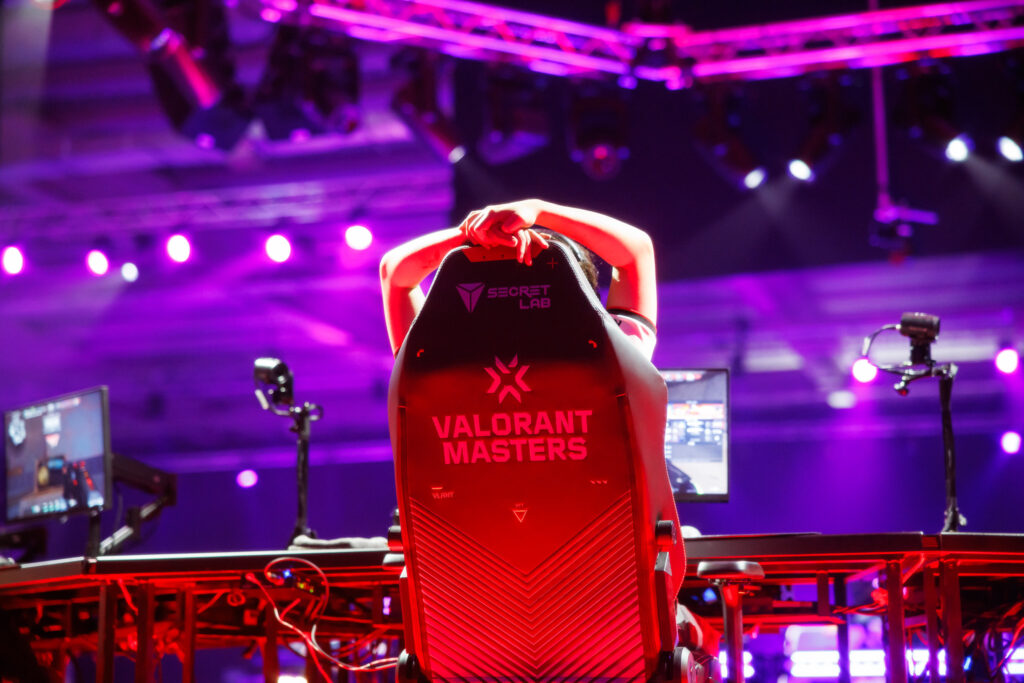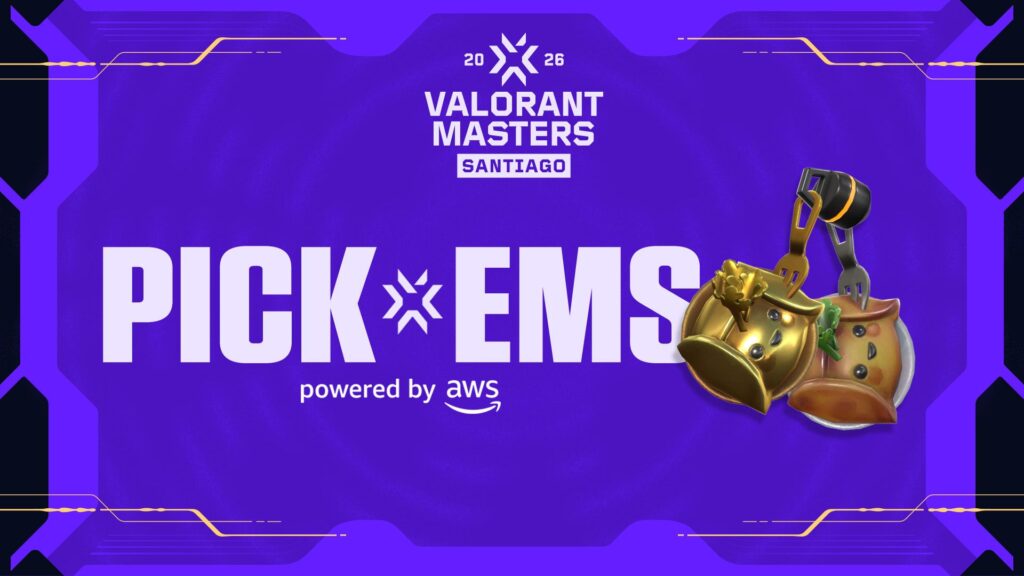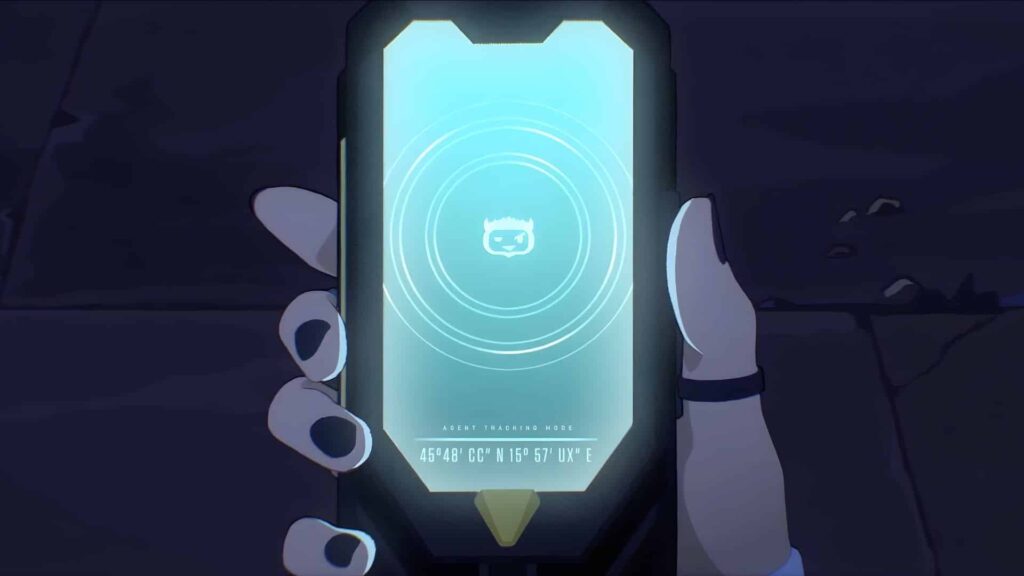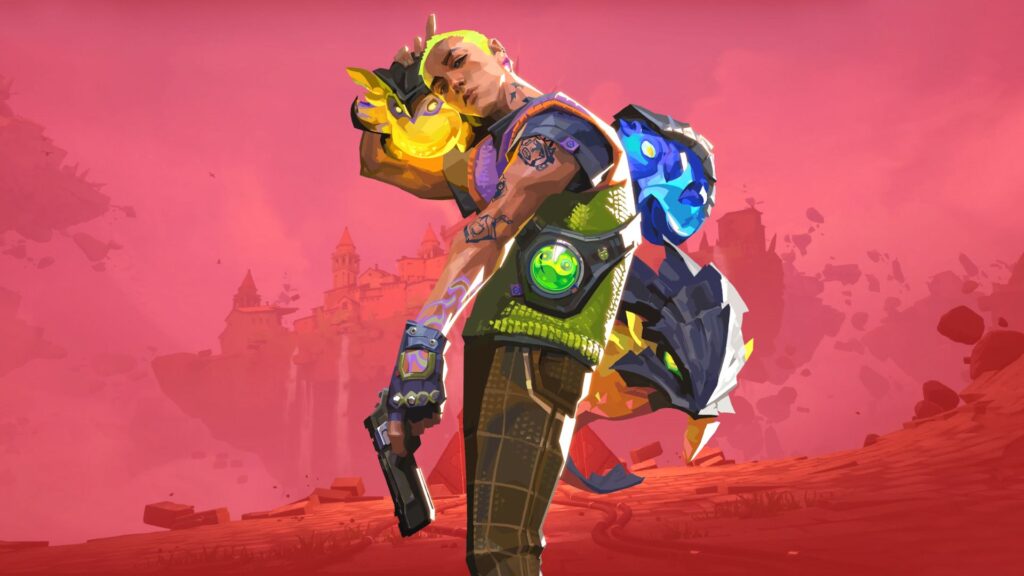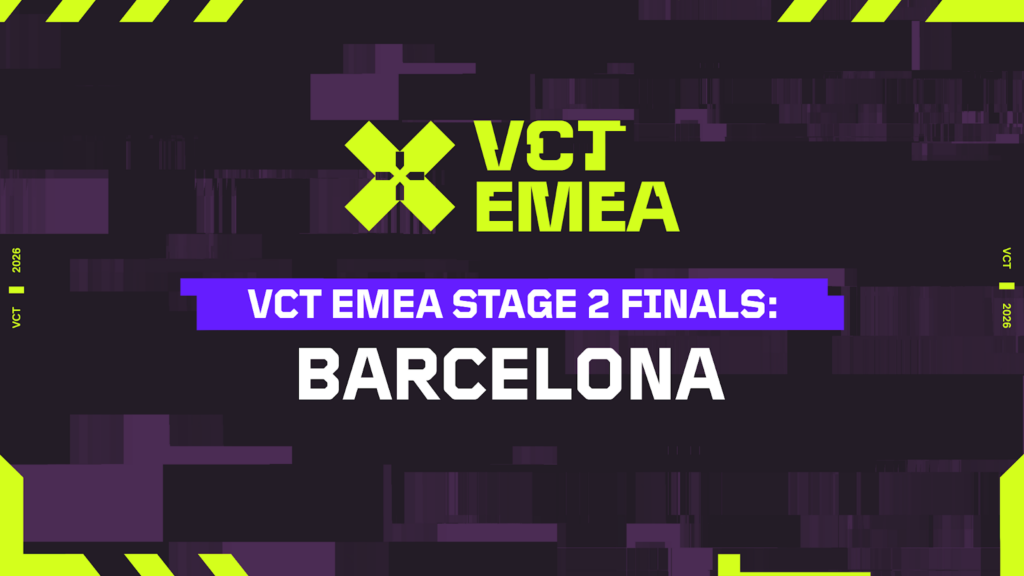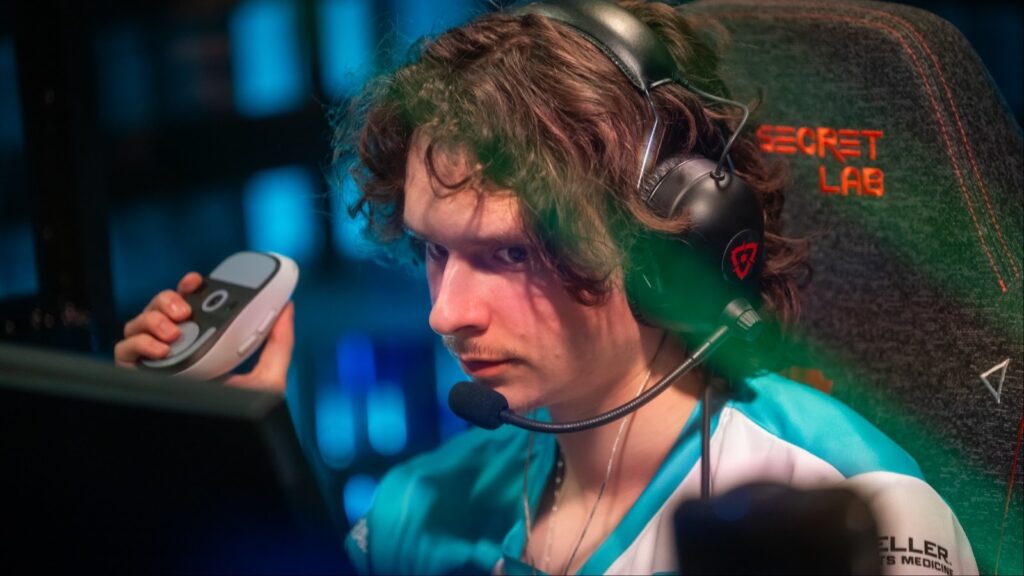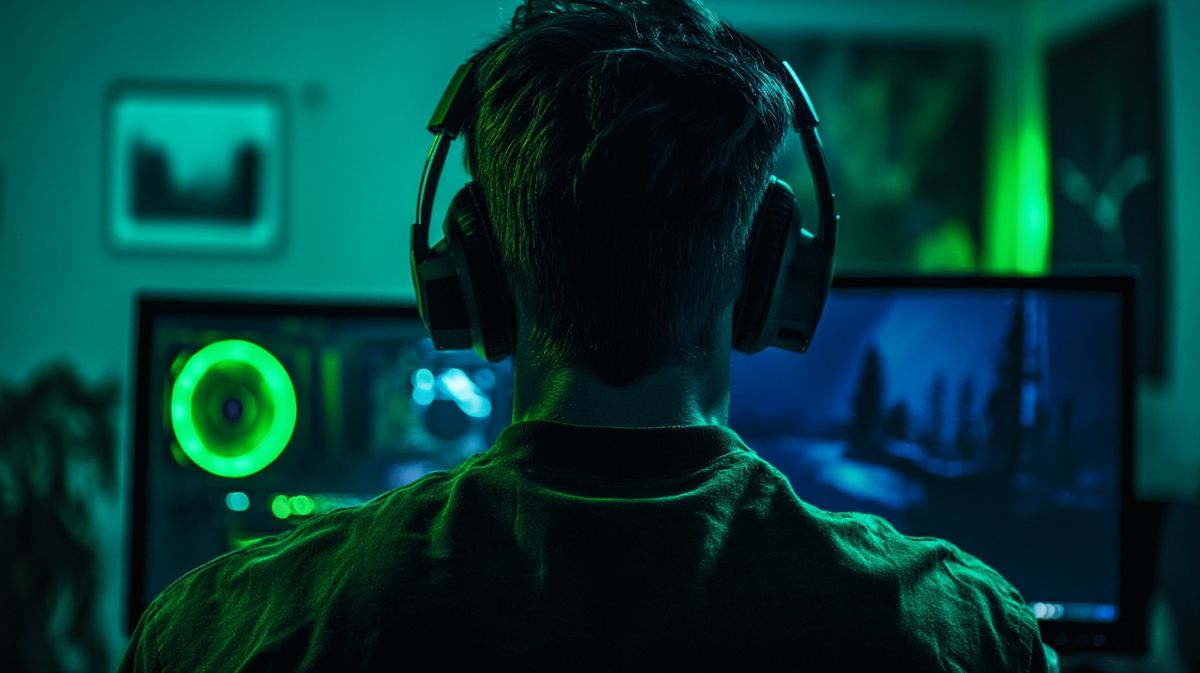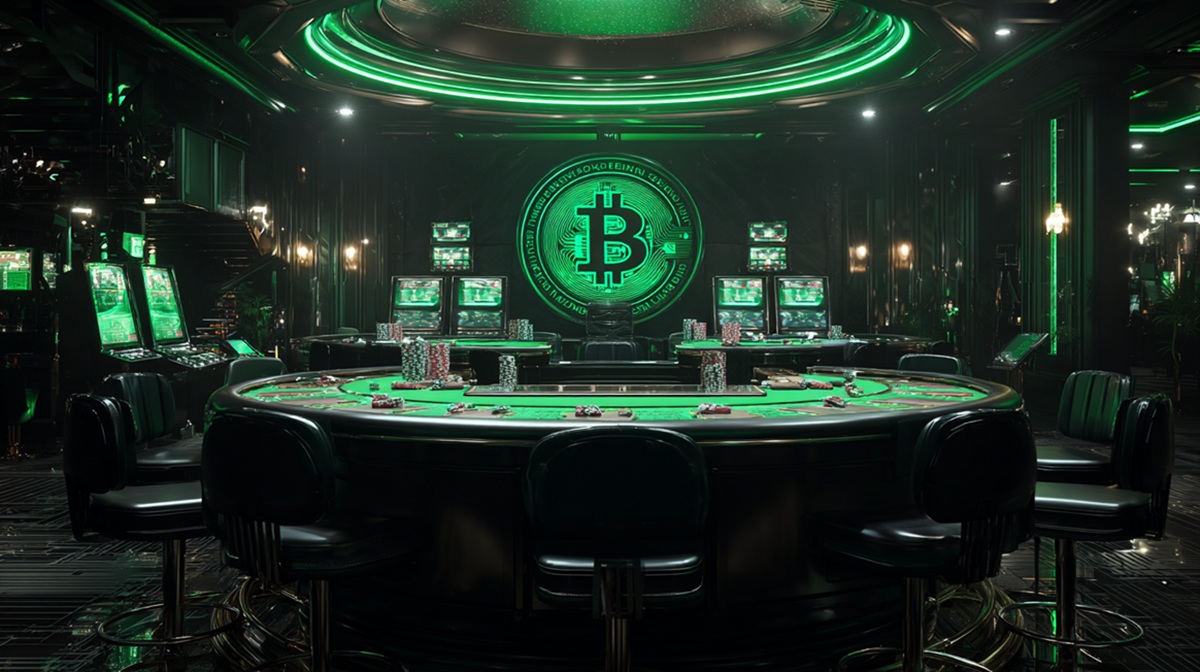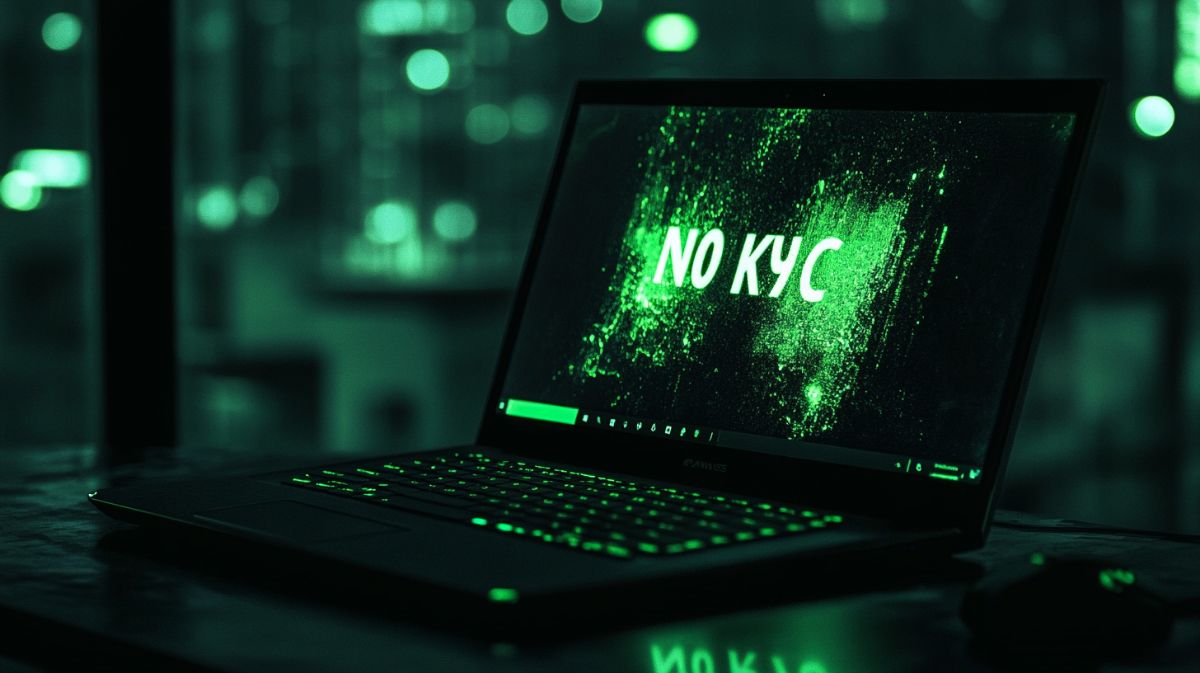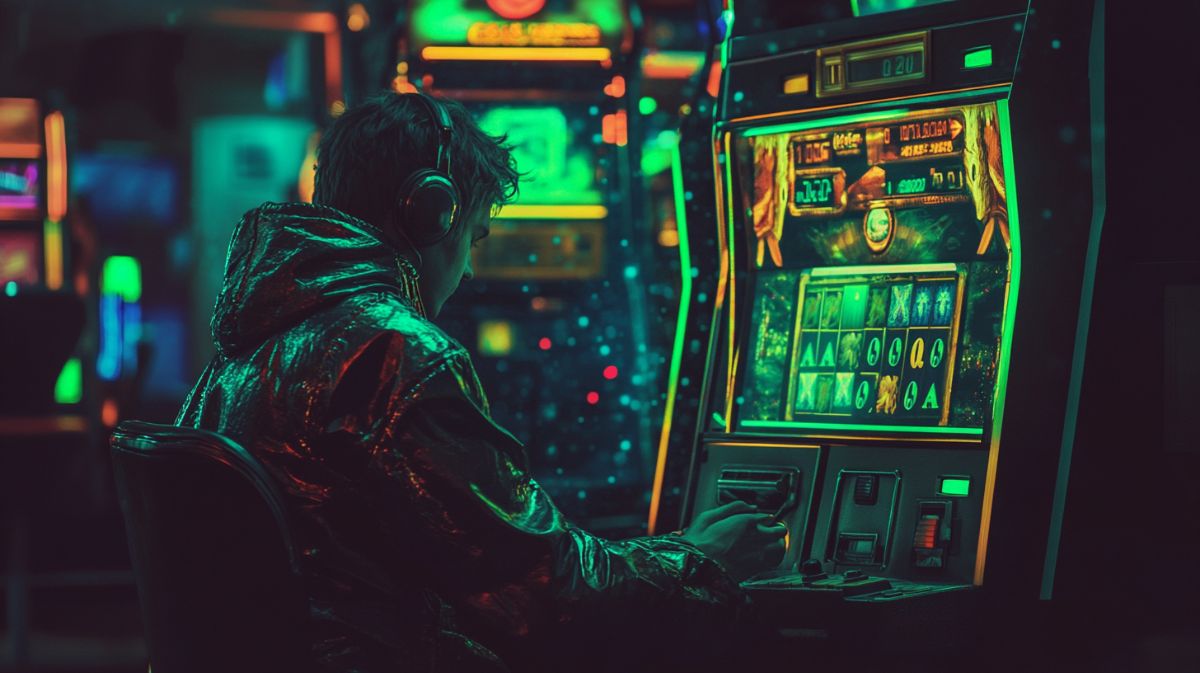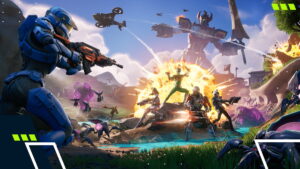Kaplan: “Special experience for us” eliminating Gen.G
Sentinels’ rocky form saw them enter VALORANT Champions Seoul with muted expectations. An opening defeat to favourites Gen.G immediately saw them on the brink of elimination, but a heroic turnaround saw them keep their place in the tournament by winning their next two series. The latter win came in a rematch with Masters Shanghai winners Gen.G; We spoke to Sentinels’ coach Adam “kaplan” Kaplan after knocking out the home favorites.
Esports.net: How pleased are you with the 2-0, and the fact that you’ve eliminated the tournament favorite?
kaplan: It was a lot of fun. It was definitely a special experience for us. We’re used to being the favourites, especially in America, we always have the home crowd to play against. It’s funny, I realised I hadn’t heard the crowd until they won a round and then you hear all the cheering and go:
“Oh yeah, it’s kind of fun to play as the underdog for once”.
Do you think beating Gen.G makes you the favorites now?
I’m sure [it does] for a lot of viewers and fans. There’s so many eyes on SEN all the time. It’s fun to make narratives about us. So I’m sure people will say we’re the favourites. I don’t really think too much about that stuff. Just gonna pay attention to whatever opponent we get and, you know, respect them and go in prepared to defeat them and do my best to get all the guys buying into that internal narrative and not paying attention to the noise. But, yeah, I’m sure the noise will be that we’re the favourites now.

Image credit: Colin Young-Wolff/Riot Games
Lee Jones: In an interview with Pedro Romero, johnqt had said that he felt SEN had forgotten how to win recently.
How has that changed so drastically to the point where you’re now beating the favorite?
Kaplan: Obviously a lot’s changed. People always like to talk about all the strategy and changes like that, but when we’re losing games — just complete stomps — and then we go out and we win them, anyone ought to know that obviously there’s something pretty fundamental and internal that’s changed. So for us it’s just been not shutting down, not giving up, not coming into games or in the middle of the game deciding to be quiet.
I think in the past people have struggled to share frustrations in the middle of matches. They’re not working together on things like micro plans and talking a lot in freeze times as a team, relying on others to do that work for them. So I think the team have finally gotten to a point where we consistently understand that we just need to be communicating at all times.
When things are going bad, when we’re frustrated, we need to communicate it. And when somebody’s not, somebody else needs to hold them accountable and communicate that they’re not communicating enough. And I have seen all of those things pretty consistently since the start of the FPX game.
Lee Jones: SEN started very strongly both maps, but Gen.G gained momentum in each that your players were able to successfully stop.
What does it say about your players’ mental strength to have gotten things back on track both times and not allow Gen.G to take over in those circumstances?
I think that a lot of the basics is always having a ‘go next’ attitude; let’s just go next when we lose a round. But I want people to talk about rounds when they lose them:
- (A) Because there might be a solution in there, there might be something that we need to fix on a micro level, so we maybe run into that round or similar thing again.
- (B) It makes sense to get your frustration out so you can stay optimistic and talking and working together and there’s definitely a lot of that going on.
I don’t even think people got too frustrated today, but a lot of collaborating and working hard. I’d say in the Lotus first half that got slow, it was actually just a tough game and we were working real hard – ults were snowballing and things like that. For Icebox – definitely harder, more creative problem-solving. We only picked up the map the day before.
So yeah, there was definitely a little bit of frustration and whatnot, but I think that everyone was staying optimistic and we really went into that map with an attitude of like:
“Hey, we win this, great, we lose this and we go to map three, great. We floated this map, we barely practised it – let’s just go out there and have fun”.
Lee Jones: When we spoke at Masters Madrid, you talked about learning on the job given that it was your first global event as a head coach.
How different is it now to take SEN to a second event? Was there a lot you learned from Madrid that you’ve been able to apply here?
Yeah, definitely. To be fair, I think the scheduling has been more kind to us in terms of having time and breaks between games, which is awesome of Riot. But I’ve found it easier to be more patient with our struggles and what we’re working on – make sure that there’s still time to get out as a team, make sure there’s still time to rest.
Especially for myself, individually, at least I make sure; “Hey, it’s okay to throw on some Netflix and kind of, like, not think about VALORANT for an hour at night”. Just because you’re at a huge tournament doesn’t change that. And, in fact, it might even be more important because you’re at a huge tournament. That’s a hard thing for anyone to grasp. I think the whole team has done a good job embracing that and I also think something that has helped us a lot is we got to boot camp.
We got to come here a week early and adjust and that’s entirely thanks to our org owner Rob for being willing to invest in that and see the value in that. He was a huge proponent of it, probably the biggest proponent. I actually think it’s played a very big role in how comfortable we’ve been at this tournament.
Read also: Valorant VCT Champions 2024: Schedule, Format & Teams
